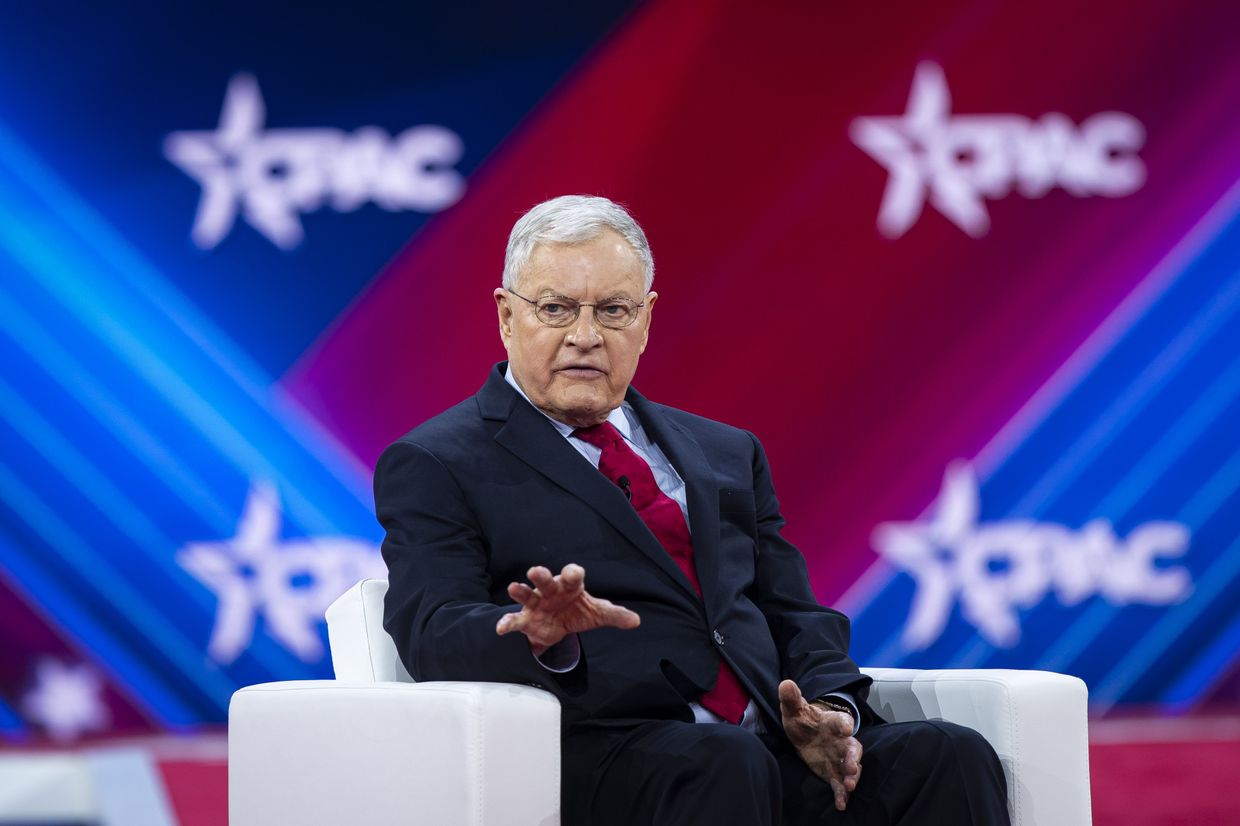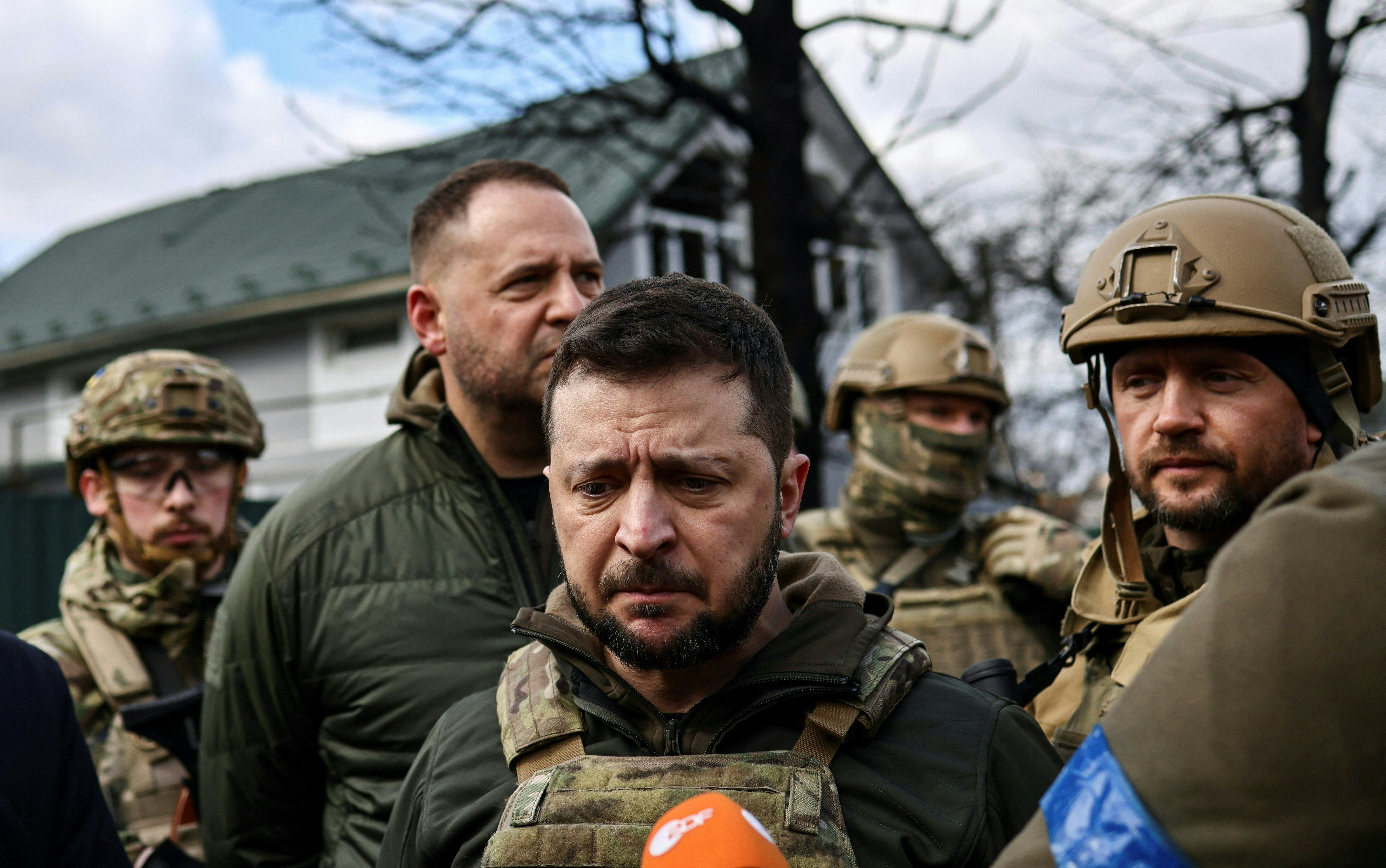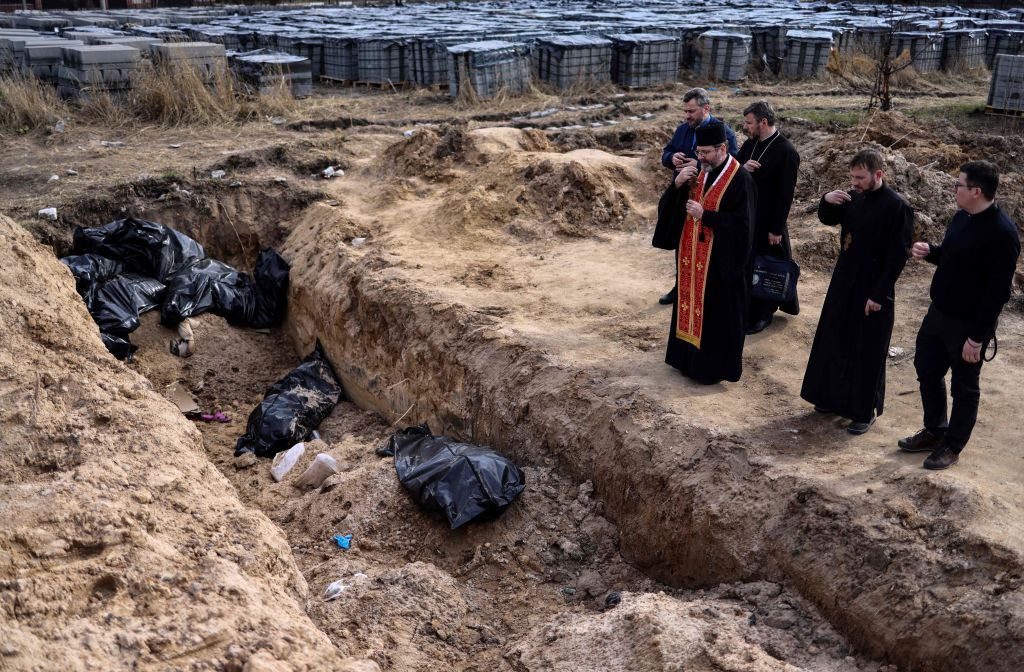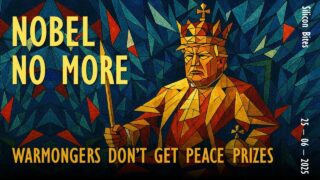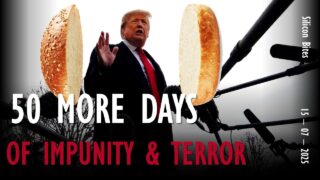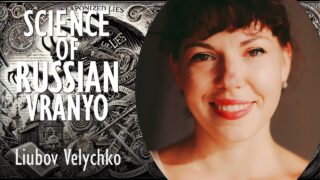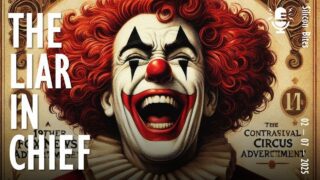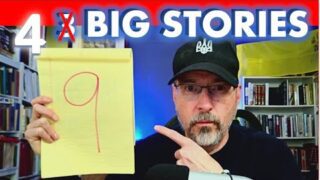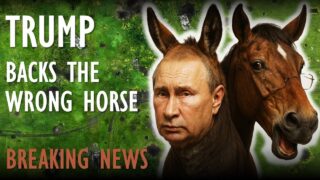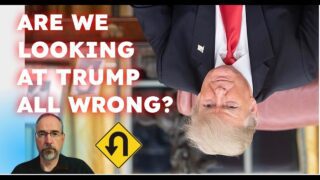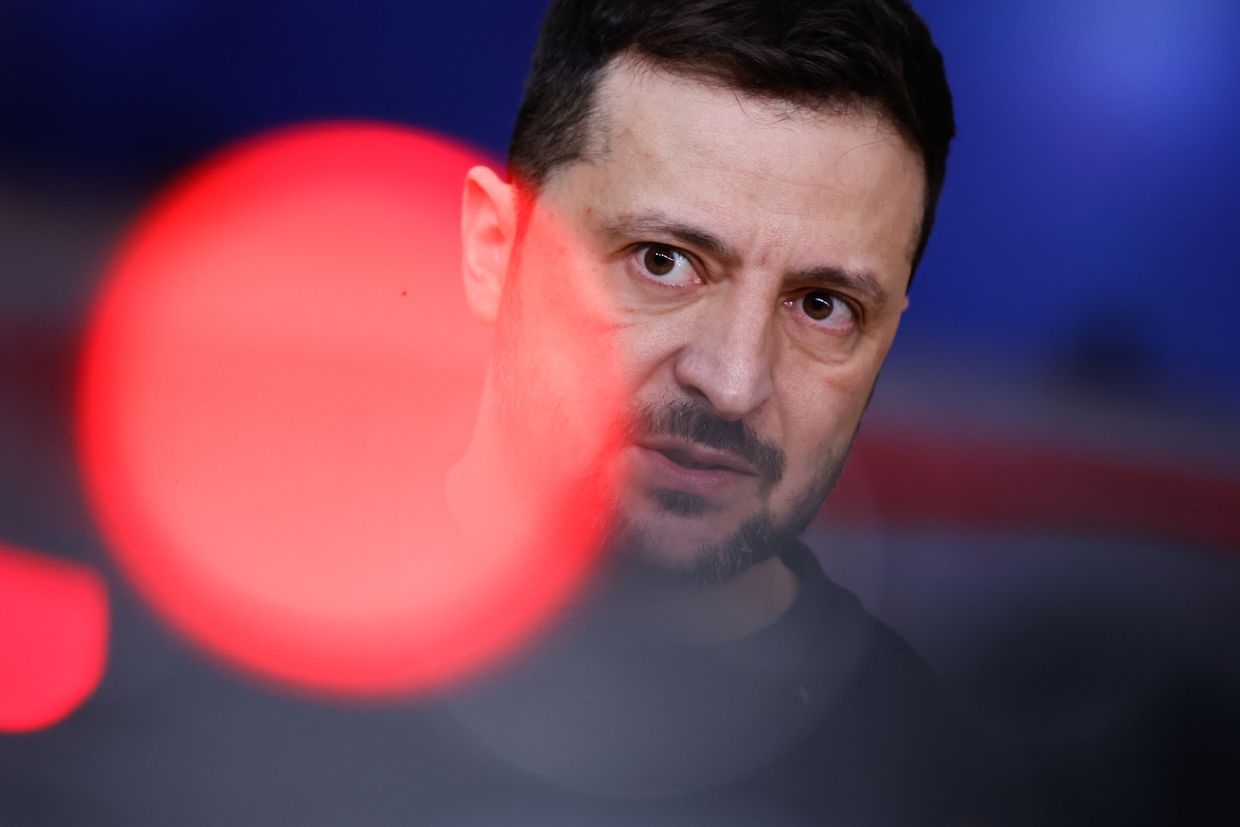
Zelensky takes on Putin apologists, US skeptics on 3-hour Lex Fridman podcast
In a newly released three-hour interview, Moscow-born U.S. podcaster Lex Fridman tried to persuade President Volodymyr Zelensky that Russian President Vladimir Putin is “a serious person who loves his country."
“He loves his inner circle. It’s only a small part of the people. He doesn't love (the Russian people),” Zelensky countered.
“You cannot send your people to another land to die, knowing that they will die. The boys he sends (to fight in Ukraine) are 18-years-old. They are children. It’s not that fascists came to his land, and he needs to defend it — he came to ours, and he sent them.”
With nearly five million subscribers on his YouTube channel, Fridman organized an interview with Zelensky that was published on Jan. 5 as part of what he described as his “small part in pushing for peace.”
Fridman’s show has previously hosted controversial figures, including U.S. President-elect Donald Trump, entrepreneur Elon Musk, political commentator Vivek Ramaswamy, and former Fox News host Tucker Carlson, all of whom have advanced narratives portraying Ukraine as a corrupt nation bent on escalating war with Russia.
In this context, Zelensky’s appearance on Fridman’s podcast appeared to be a savvy move aimed at reaching a segment of the Western audience misinformed about the realities of Russia’s war against Ukraine.
Throughout the interview, Zelensky navigated Fridman’s idealized view of Ukraine-Russia relations — sometimes through a slew of curse words — including the idea that Ukrainians would forgive Russians in the near future, and that the two nations could return to a semblance of their former “brotherly” union.
The Russian language question
Ahead of their meeting, Fridman took to X, the platform formerly known as Twitter, to publicly urge Zelensky to conduct the conversation in Russian, citing it as the only language in which both men were fluent.
“Speaking in a language we're both fluent in will result in the most deep, dynamic, and powerful conversation,” Fridman wrote.
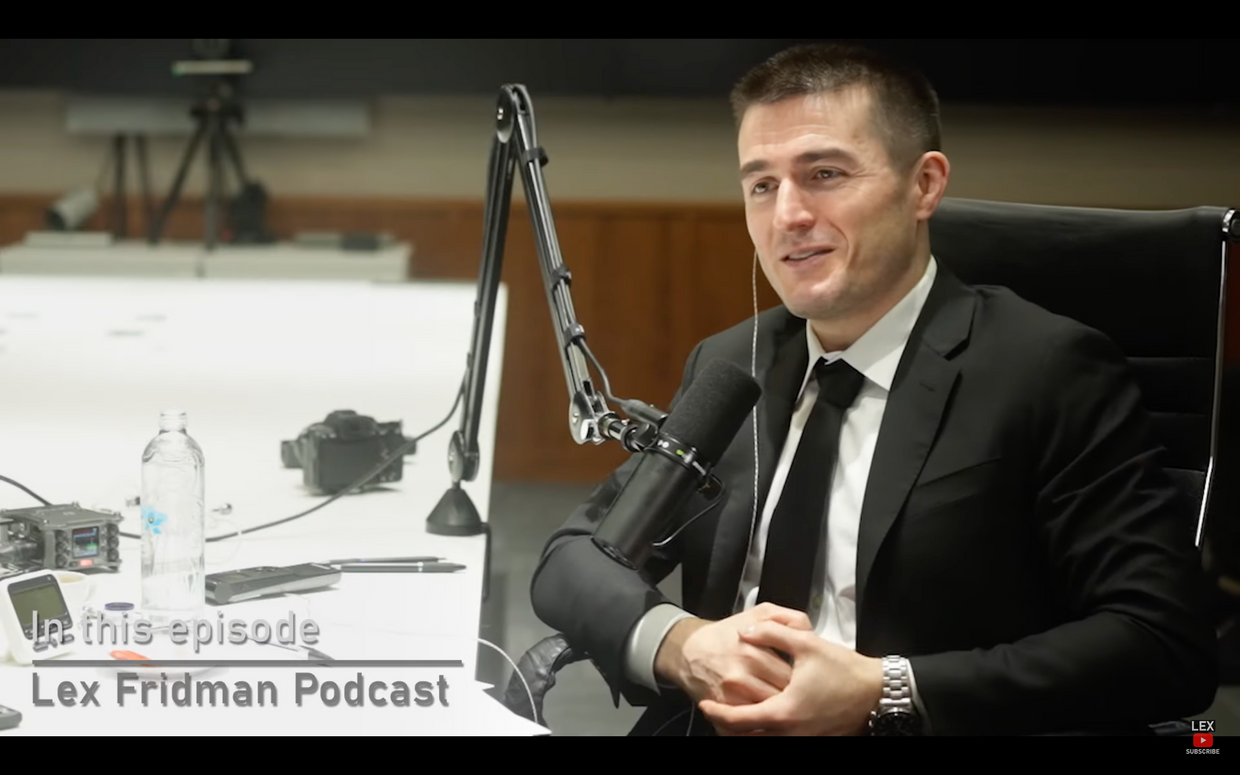
During the interview, Fridman was met with a lighthearted jab from Zelensky, who, with a smile, remarked that Fridman’s Russian was “not that great.”
Throughout his career as an actor and comedian, Zelensky was a fixture of Ukraine’s Russian-speaking cultural sphere, enjoying widespread popularity in both Ukraine and Russia.
But as Zelensky explained to Fridman, the past decade of war with Russia — and particularly the nearly three years since the full-scale invasion — had dramatically shifted many Ukrainians’ perspectives on the use of the Russian language in society.
“I can’t respond in Russian the entire interview, because this is how it is today. I am not making anything up, you can see it all for yourself, you can feel and hear it,” Zelensky said, while mentioning the number of Russian missiles and drones launched at Ukraine in a recent attack.
“I don’t think you can just pretend that nothing is happening and give Putin a pass once again for saying that we are one people, that we speak one language. (Russians) speak the language of weapons. That is a fact. And we are peaceful people.”
Undeterred, Fridman countered with a note of optimism, expressing his "hope" on the first of several occasions that the Russian people — and perhaps even Putin himself — might see the interview. Zelensky reminded Fridman that he had made a direct appeal to the Russian people in their own language at the outset of the full-scale war, only to be met with silence.
“They’re mute,” Zelensky said, adding: “They did not listen.”
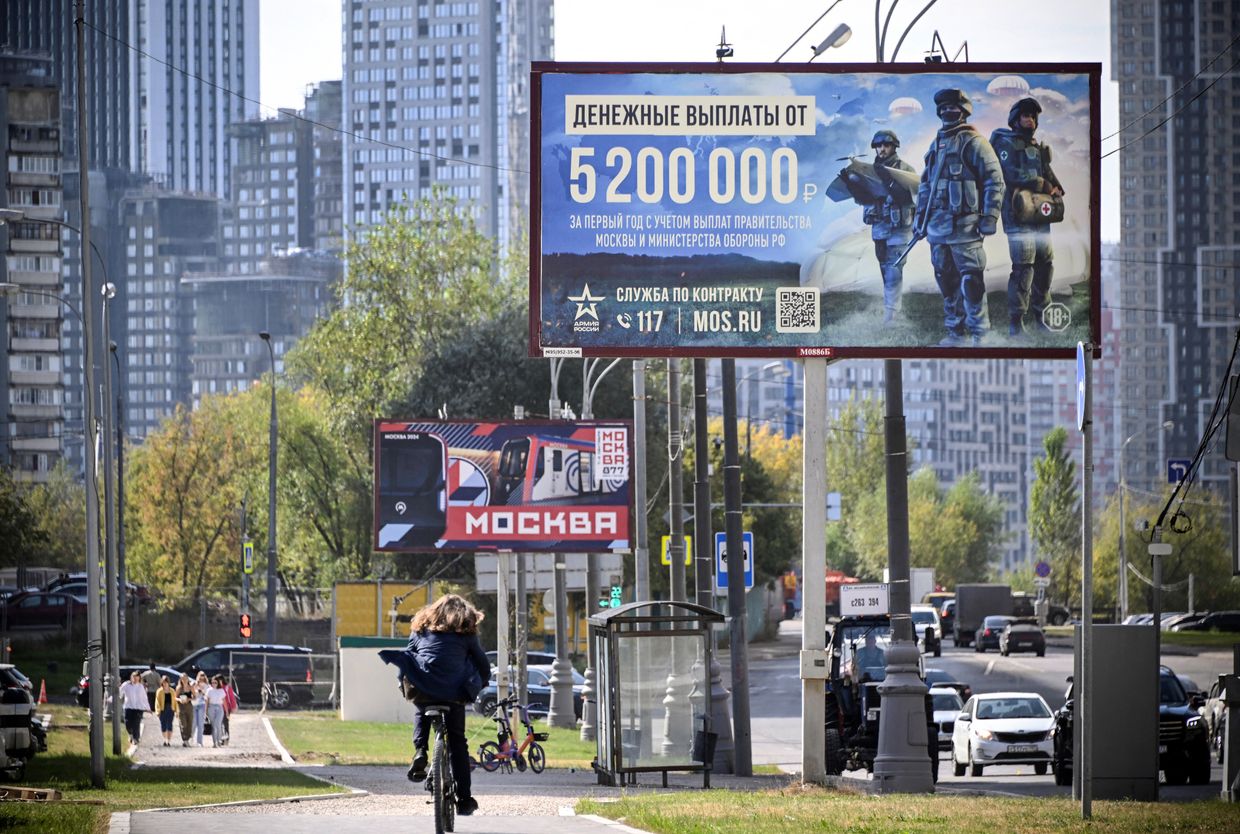
Zelensky also pushed back against Fridman’s concern that translation might dull the impact of their conversation — a puzzling point given the interview was ultimately made available entirely in Ukrainian, English, and Russian using awkward, AI-generated voiceovers.
“I think what is most important is what we’re talking about, not how,” Zelensky said.
The question of language set the tone for the interview before it even began, with Fridman’s talking points suggesting he appeared to want to not only reinforce his own narrative about Ukraine, but also to subtly encourage Zelensky to align with his perspective.
“Do you think there will ever be a day when the Ukrainian people will ever forgive the Russian people? And both peoples will travel back and forth again and marry each other, rekindle and form friendships?” Fridman asked.
Although visibly taken aback by the question, Zelensky said that history has demonstrated the possibility of such an outcome.
“I don’t know how it will be for us,” he said before emphasizing a crucial condition: any path forward would require Russians to first acknowledge their culpability as the aggressor in the war.
US aid and corruption accusations
Perhaps the key topic Fridman raised during the interview was the issue of U.S. aid, and concerns about its potential misuse. Fridman said that how Ukraine addresses these corruption allegations will be a crucial factor in shaping the country's future trajectory.
While clarifying that much of U.S. aid to Ukraine consists of military support rather than direct financial assistance, Zelensky highlighted the development of a sophisticated anti-corruption system under his leadership, calling it “the most advanced in all of Europe,” and a vital element of Ukraine’s journey towards EU membership.
Zelensky was referring to institutions such as the National Anti-Corruption Bureau of Ukraine (NABU), which is responsible for investigating and prosecuting high-level corruption among officials. Though these institutions have not been without their own controversies regarding the impartiality of some of its officials, Zelensky expressed confidence in their ability to uncover and address any institutional corruption within Ukraine.
Ukraine has grappled with multiple corruption scandals tied to wartime procurement. Some Defense Ministry officials under the tenure of former Defense Minister Oleksii Reznikov were accused of embezzling money through the purchase of low-quality equipment for soldiers, as well as purchasing food for the military at inflated prices.
Ukrainian authorities have also detained a number of military enlistment officers on charges of accepting bribes from men attempting to evade deployment to the front lines.
“We talk about (corruption) openly,” Zelensky said, adding: “We are genuinely fighting against it.”
“I am sure Ukraine will overcome all this. (But) this takes a little time.”
Zelensky also spoke of his administration’s successes in curbing oligarch influence, citing the incarceration of Ihor Kolomoisky — one of Ukraine’s most powerful oligarchs — as a major achievement.
Zelensky also suggested that corruption was an issue in Western countries.
Ukraine has received less than half of the $177 billion in U.S. aid allocated to support Kyiv throughout the full-scale war, according to Zelensky. He suggested that this shortfall could be tied to issues of corruption or lobbying by U.S. companies.
"If we had $177 billion and if we get the half, where is the second half? If you find the second half, you will find corruption," he said.
Negotiating with Putin
Fridman shared his “dream” of a scenario in which Trump could facilitate a meeting between Zelensky and Putin to bring the war to an end.
Zelensky argued that it was “naive” to believe Putin genuinely sought an end to the war, emphasizing the need to approach negotiations from a position of strength — an outcome he hoped Trump could help facilitate.
“President Trump will be in the same situation as I was in 2019 — precisely the same situation. I want to end the war, and we want lasting peace for Ukraine. We must do this. The ceasefire, exchange people, and then diplomatically return all territories, and we will do this through diplomacy,” Zelensky said.
"I want to end the war, and we want lasting peace for Ukraine."
“What will happen next with President Trump? If the ceasefire happens without security guarantees, at least for the territory we control, what does he get? If he manages to make a ceasefire deal and three months later Putin launches a new wave of attacks, what will Trump look like? What will Ukraine look like?”
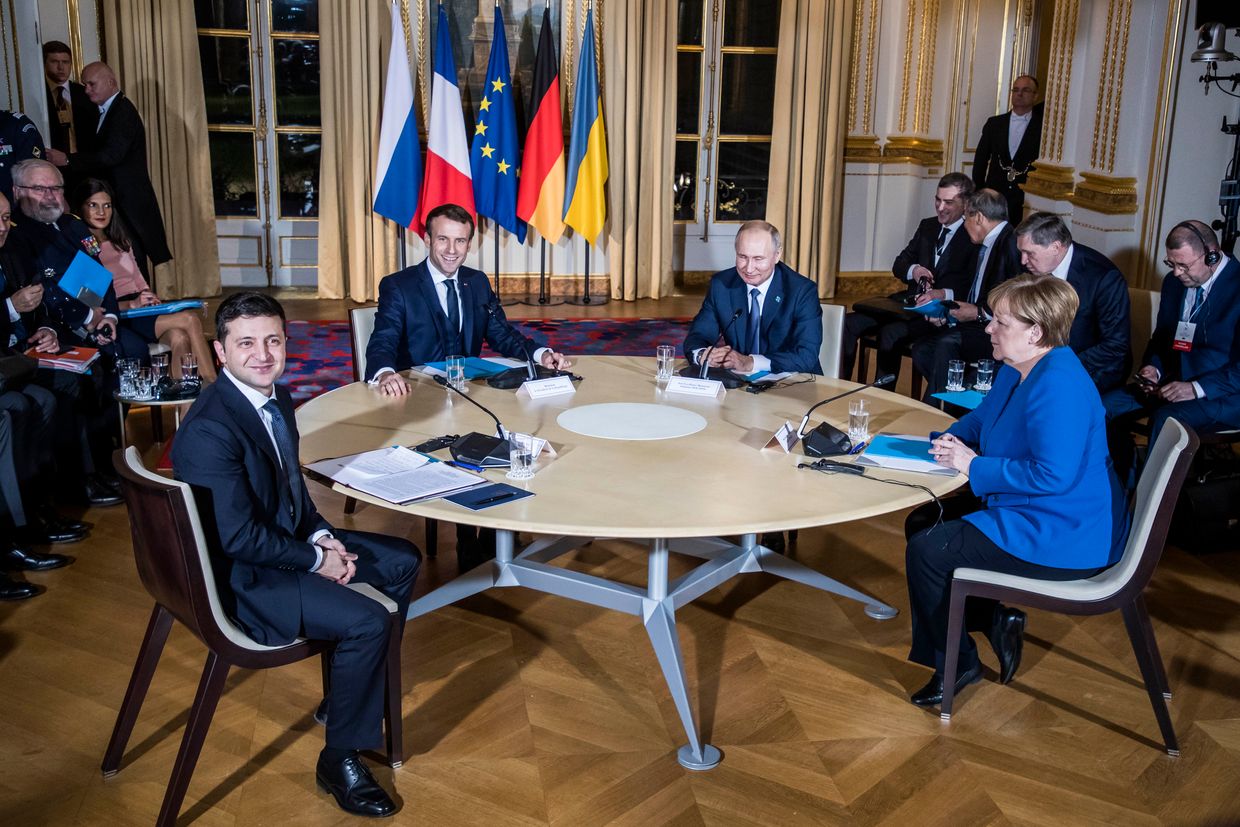
To explain why he didn’t believe Putin was interested in a peace deal, Zelensky recalled the 2019 Normandy Format meeting, a high-stakes summit in which he joined French President Emmanuel Macron, then-German Chancellor Angela Merkel, and Putin to negotiate a ceasefire in the ongoing war.
According to Zelensky, Putin appeared strikingly uninformed about key details, such as the length of the front line or the timeline required to disengage troops — an omission Zelensky attributed to Putin’s lack of intention to follow through on any ceasefire deal.
The Russian leader, however, displayed marked preparation on one topic: maintaining gas transit agreements, underscoring the economic stakes that loomed over the discussions. The ceasefire lasted less than a month, and Putin stopped taking Zelensky’s calls.
The ceasefire lasted less than a month, and Putin stopped taking Zelensky’s calls.
Russia sent snipers to Ukraine’s eastern regions, where they honed their skills by “hunting” the very Ukrainian civilians that Putin claimed the war was intended to protect, Zelensky said. These snipers were then deployed to other conflict zones in Africa and the Middle East, according to Zelensky.
Proof of this sent to international organizations like the U.N. went unheeded, Zelensky said.
“(Putin) is darkness personified. And you offer him, as it were, to be subjectivized. There’s only one reason: fear,” Zelensky said. “And you say we need to talk. Listen. We need to be in a strong position and not talk but end the war.”
Zelensky went on to warn that without security guarantees, such as NATO membership, Putin would inevitably launch another invasion of Ukraine in the future.
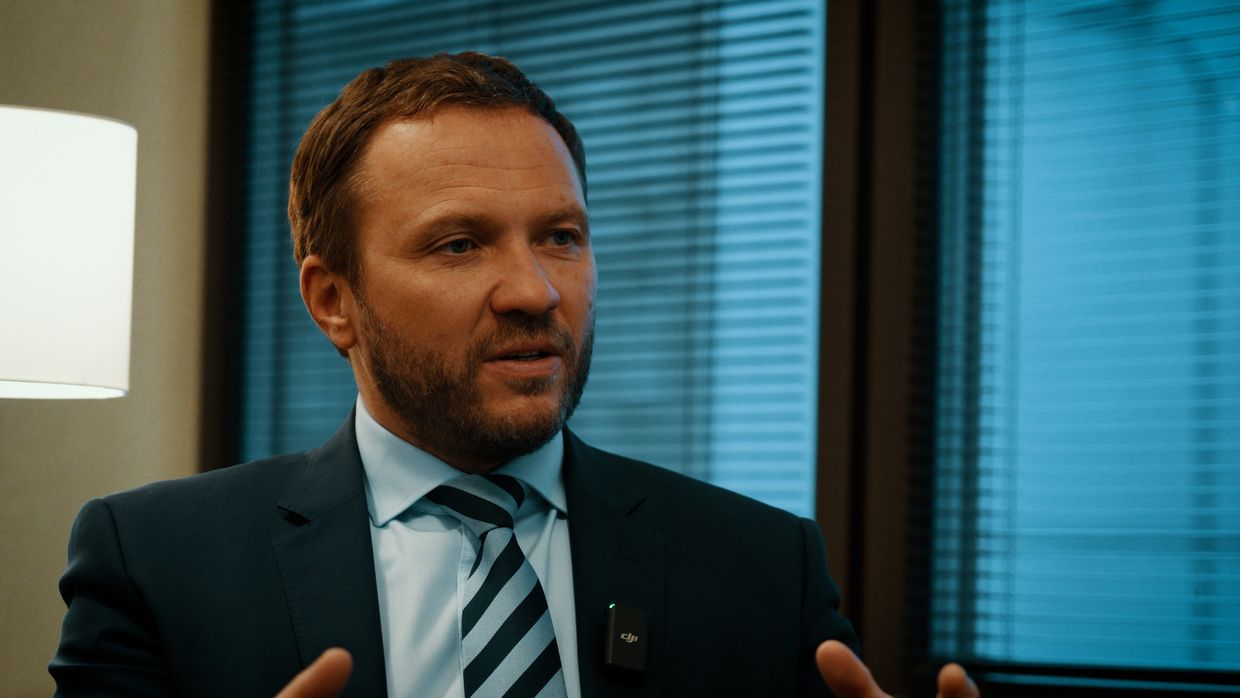

On the impossibility of forgiving Putin
Calls for compromise as a means to reach an agreement with Russia drew a swift and pointed rebuke from Zelensky, who argued that Ukraine asking for NATO membership was in itself a compromise.
Zelensky went on to tell Fridman that Putin's continued freedom — and the improbability of him ever facing imprisonment — was itself a compromise, and that it was impossible to forgive Putin for the war.
“To forgive? No one will forgive. It is absolutely impossible to forgive him,” Zelensky said, his tone resolute as he sought to drive home the gravity of the losses Ukraine has endured.
“We cannot comprehend the mind or soul of someone who has lost their family,” he added, invoking the countless Ukrainian families who have suffered the loss of children — the loss of “the most precious thing in this world.”
While U.S. Democrats have promoted the idea that Trump is “pro-Putin,” Zelensky notably took the opportunity during the interview to contrast the leadership skills of Trump and Putin. Zelensky implied that Trump as U.S. president cared more about his people, given the number of places he visited across the country during the presidential campaign.
“I pray to God that (war) will never be on your land,” Zelensky said. “But I’m sure if you had some (natural disaster) on your land that President Trump would be there (in a matter of days). Otherwise, how will people look at him?”
“I pray to God that (war) will never be on your land.”
Zelensky went on to note that Putin had yet to visit Kursk Oblast, part of which is now under Ukrainian military control, since Kyiv launched an incursion in August. This failure to visit Kursk Oblast and be with the people there, Zelensky argued, highlighted the disconnect between Putin’s propaganda-fueled image as a leader devoted to protecting his people and the reality of his actions.
Amid the gravity of the topics addressed during the far-reaching interview, one moment captured Zelensky’s perspective with a touch of dark humor — a nod to his past as a comedian.
When Fridman jokingly floated the idea of a hypothetical meeting between Zelensky and Putin by the sea, Zelensky quipped: “One of us may drown. And I am a good swimmer.”
